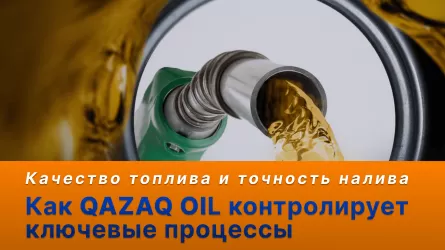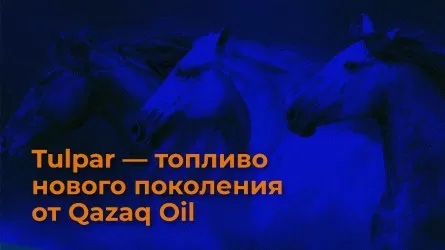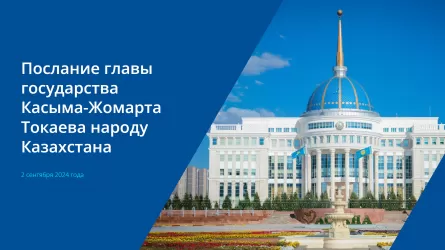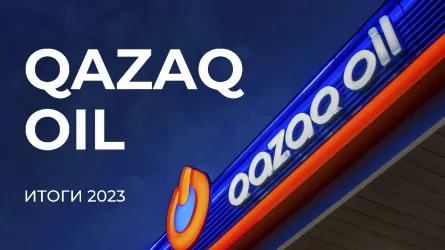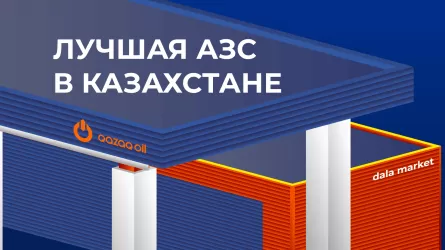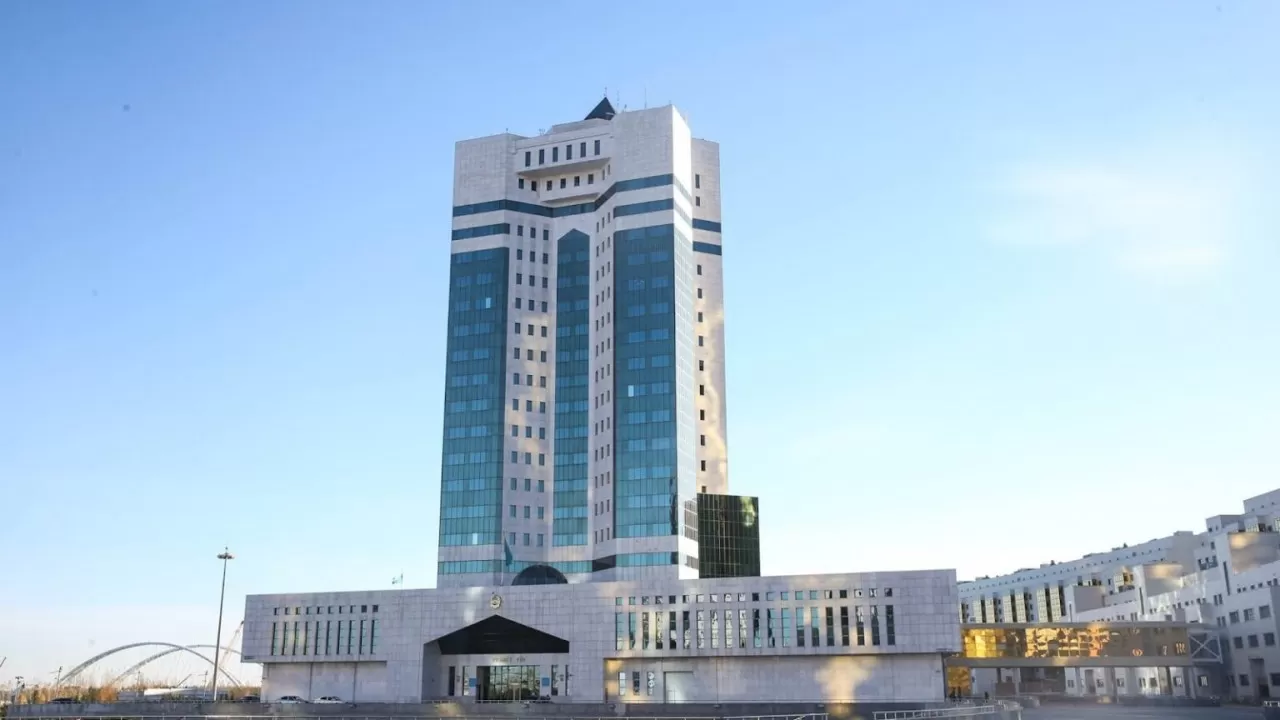The Astana Times – The Kazakh government began implementing its joint action plan with the country’s National Bank to mitigate the adverse effects on its economy stemming from the Russia-Ukraine conflict, reports the Kazakh Prime Minister’s press service.
Having close economic ties with Russia, Kazakhstan is preparing for the negative impact of the Western sanctions imposed on Russia following the events in Ukraine that have already caused the Russian rouble to plunge to a record low.
“The plan includes measures to curb inflation, maintain stability in the foreign exchange market, support employment, creation of new jobs and development of entrepreneurship,” said Kazakh Prime Minister Alikhan Smailov at the March 1 government meeting.
To ensure the stability and the protection of the financial market, the government together with the National Bank are implementing a tenge deposit protection program that provides a ten percent accrual on tenge deposits in second-tier banks.
On Feb. 22, Kazakhstan’s financial regulator hiked its base rate to 13.5 percent from 10.25 percent after the national currency plunged alongside the Russian rouble. Morning trading on the Kazakh Stock Exchange (KASE) ended with the tenge’s weighted average at 492,21 tenge per dollar, up from around 432 just a week ago.
Speaking at the government meeting, National Bank Chair Galymzhan Pirmatov said that sanctions against selected Russian banks do not pose risks to the payment market in Kazakhstan, while for cross-border transactions, there are alternative mechanisms for mutual settlements.
The National Bank is closely monitoring the markets and is ready to take measures to ensure financial and macroeconomic stability. As of January, the international reserves of the country, including the National Fund assets, reached $87.4 billion.
“The National Bank will continue to follow inflation targeting at a free-floating rate, without impeding market rate formation and excluding the targeting of a certain level of the rate. At the same time, we will carry out foreign exchange interventions, in case of an increased risk to financial stability,” said Pirmatov. From Feb. 21 to 25, the financial regulator conducted currency interventions to the tune of $176 mln and $98.1 million on Monday alone.
Other measures to support the country’s economy include controlling and reducing inflation, boosting financing for state-run business programs, and gearing up for regional development.
“Replacement of imported goods by the industrialization of economy and implementation of investment projects is of special importance for the development of the domestic industry. At the same time, enterprises supported by the state have increased the salaries of their employees,” said Smailov.
President Kassym-Jomart Tokayev also held several meetings with the Security Council to discuss the social and economic situation.
“Our economy must be prepared to reflect the challenges of sanctions to ensure uninterrupted functioning in a crisis situation. I think we will all overcome the coming challenges and difficulties together. Their complexity should not be underestimated, but we should not exaggerate them either,” said Tokayev at an extraordinary congress of the ruling Amanat party (Nur Otan) on March 1.






